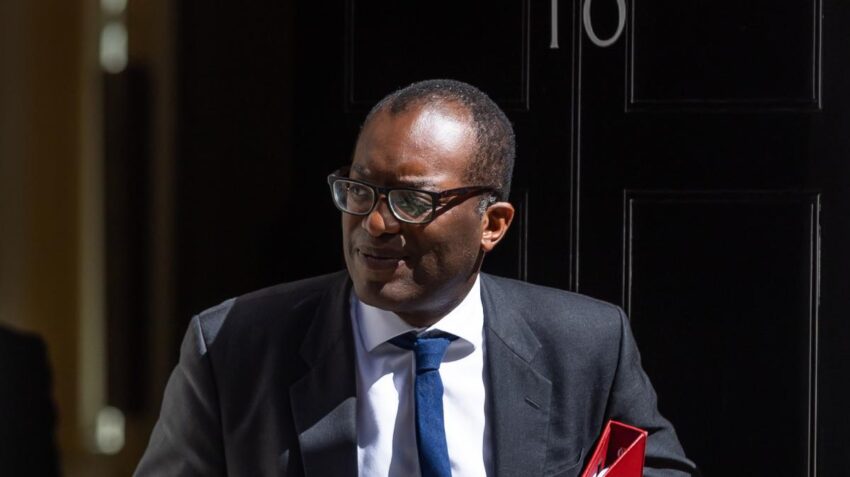The chancellor, Kwasi Kwarteng, is expected to announce the creation of a network of low-tax, low-regulation investment zones in an emergency budget on Friday.
Planning regulations will be relaxed in up to 12 places earmarked for this status, and taxes will be cut to incentivise investment.
The announcement, which is expected to take deregulation further than the post-Brexit freeports set up by Boris Johnson’s government, will be part of a package that will also see the rise in national insurance contributions abandoned, a planned increase in corporation tax scrapped and green levies temporarily removed from fuel bills.
Although not formally being billed as a budget, Kwarteng’s statement to MPs will dwarf most budgets in terms of its impact on the public finances. The main tax changes trailed in advance are expected to cost the exchequer at least £30bn a year.
Kwarteng wants to use the statement to show that the government is delivering quickly on the promises made by Liz Truss during her campaign for the Conservative leadership, when she said that investment zones would be at the heart of her plan to boost growth. A formal budget is due later.
The West Midlands, the Thames estuary, the Tees Valley, West Yorkshire and Norfolk are among the places where the zones may be sited. According to the plans set out by Truss in the summer, in each area there will be a central region, where regulations and planning rules will be eased to encourage industrial, commercial and residential development, and a periphery where the planning rules will be streamlined for housing.
According to one report, the Treasury is considering whether, as well as offering lower taxes for businesses operating in the zones, it could also offer lower personal taxes for people living or working there.
The policy is likely to focus on England in the first instance, although Truss wants to work with the devolved governments to set up investment zones in Scotland, Wales and Northern Ireland, too.
During her leadership campaign Truss also promised to reverse the national insurance contributions increase implemented by Johnson’s government earlier this year. Originally it was assumed that this tax cut, which will disproportionately benefit wealthy workers, would not come into force until the start of the 2023-24 financial year, but there have been reports claiming it could take effect from November.
MPs are due to resume normal business in the Commons on Thursday and, before Kwarteng delivers his statement, Jacob Rees-Mogg, is due to announce details of how businesses will get help with their energy bills, and Thérèse Coffey, the health secretary, is due to tells MPs about plans to tackle backlogs and staff shortages in the NHS.
During the leadership contest Truss said tax cuts, energy bills and the NHS would be her three immediate priorities when she took office. But the death of the Queen put all government activity on hold, meaning that announcements now have to be rushed out in a brief period later this week before the party conference season starts.


